China's safety net — woven from robust domestic consumption, upgraded supply chains, and responsive policy levers — ensures that Beijing is well positioned to withstand Washington's ever-broadening trade war that has rattled markets worldwide, analysts said.
The nation's comprehensive efforts mean that the United States' unilateral tariff pressure faces diminishing returns, leading to phases where negotiation and cooperation become the only practical path forward, they added.
U.S. President Donald Trump said on Tuesday that he will impose a 50 percent tariff on imported copper and soon introduce long-threatened levies on semiconductors and pharmaceuticals.
Trump also reiterated his threat of 10 percent tariffs on imports from BRICS nations, which include Brazil, Russia, India, South Africa and China, one day after he pressured 14 trade partners, including South Korea and Japan, with sharply higher tariffs.
Beijing and Washington agreed to a trade framework in June, but the haphazard way in which new tariffs have been announced, coupled with the erratic behavior of the Trump administration, is complicating the situation.
The U.S. administration initially aimed to secure "90 deals in 90 days" after Trump resorted to an array of country-specific tariffs in early April. So far, only two agreements — with the United Kingdom and Vietnam — have been reached.
Economists believe that the resilience of the Chinese economy, characterized by its market depth, industrial upgrading and policy agility, makes Beijing well-positioned to weather external shocks.
"With a consumer market of 1.4 billion people and vast untapped domestic demand potential, the expanding contribution of domestic consumption has emerged as a strong economic stabilizer," Chen Deqiu, vice-president of the University of International Business and Economics, told China Daily.
"As China continues to drive industrial upgrading and technological breakthroughs, it is transforming external pressures into the driving force for high-quality development," Chen said.
Amid a multipolar realignment of global supply chains, China is fortifying critical links within its value chains. The resilience of China's core industrial ecosystems will serve as a strategic fulcrum in long-term global competition, Chen added.
Chen Wenling, former chief economist at the China Center for International Economic Exchanges, said that China has had ample policy preparation in addressing the trade war and tariff battles initiated by the U.S..
Apart from rare earth and other mineral resources, the U.S. has a strong dependence on several other Chinese products, Chen said.
Chen added that 80 percent of the raw materials for U.S. chemical pharmaceuticals come from China, 92 percent of television display screens are made in the country, and over 60 percent of the intermediate goods in U.S. manufacturing are sourced from China.
"It will be hard-pressed to find alternatives to these Chinese products in the short to medium-term. The U.S. will have to compromise to a certain extent and for a certain period," Chen said.
Trump administration officials expect to travel to China in early August to begin a "bigger trade conversation" between the two largest economies in the world, U.S. Commerce Secretary Howard Lutnick said in an interview with CNBC on Tuesday.
It is in the best interests of both countries to resolve their differences through equal and constructive dialogues since tariff wars ultimately produce no winners — they only end up harming the economies and people of both countries involved, experts said.
"Tariffs are fundamentally a cost-shifting mechanism," Chen Deqiu said. "After the U.S. imposed additional tariffs, 90 percent of the costs have been borne by U.S. importers and consumers, pushing up price levels, increasing production costs and raising average annual household expenses."
Although the White House has attempted to revive domestic manufacturing through tariffs, industrial hollowing-out stems from its own financial overexpansion and labor cost issues — problems that tariffs do nothing to address, Chen said.






















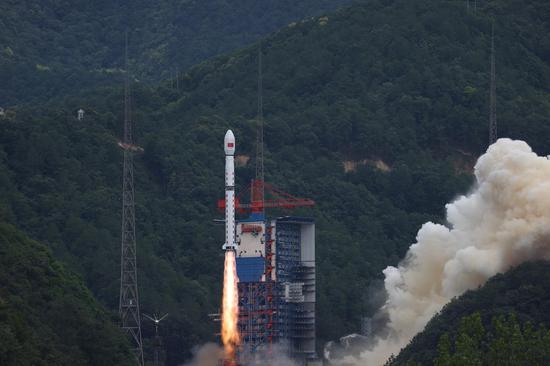



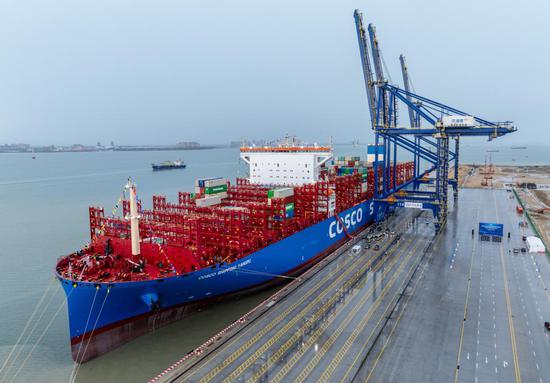




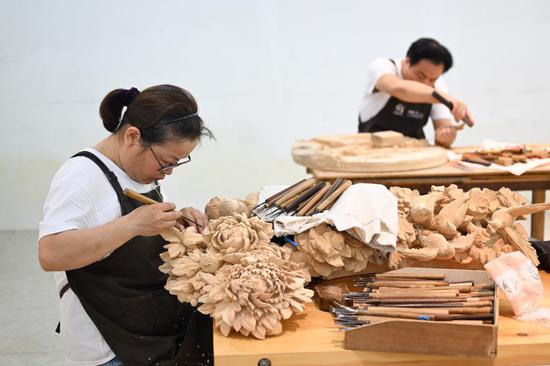

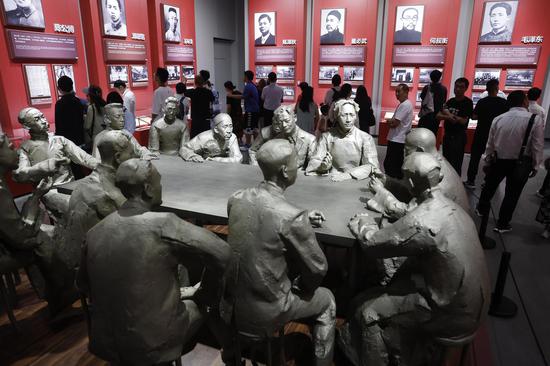

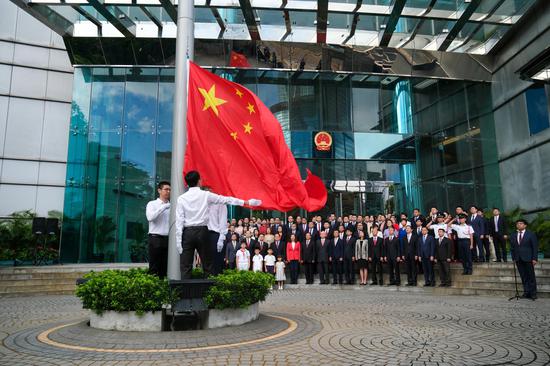
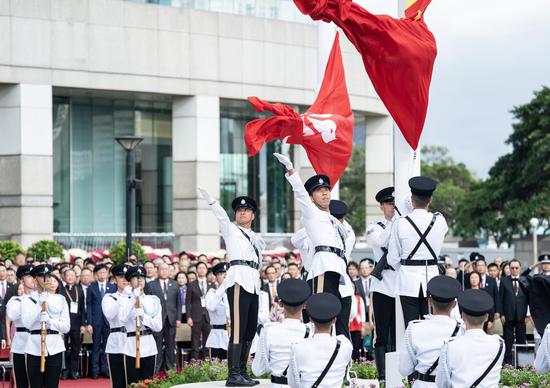
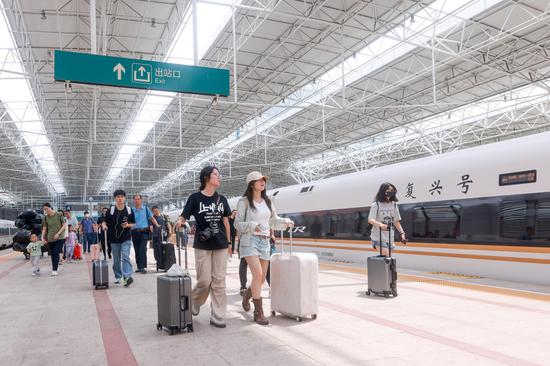
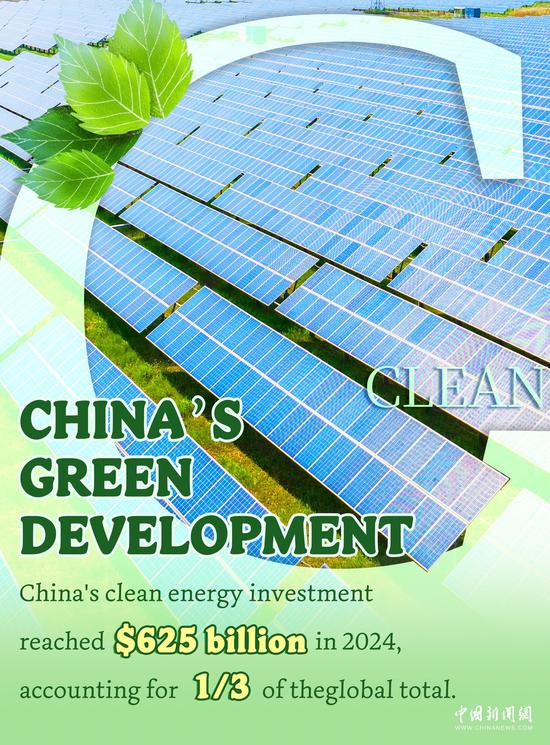


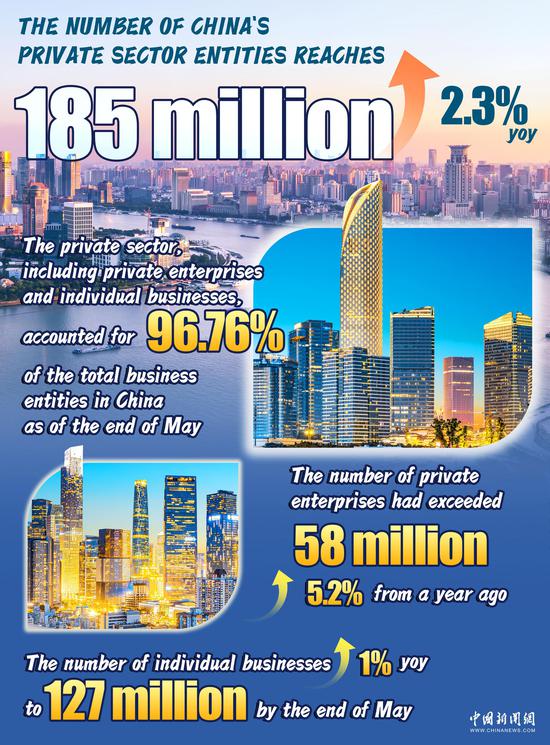
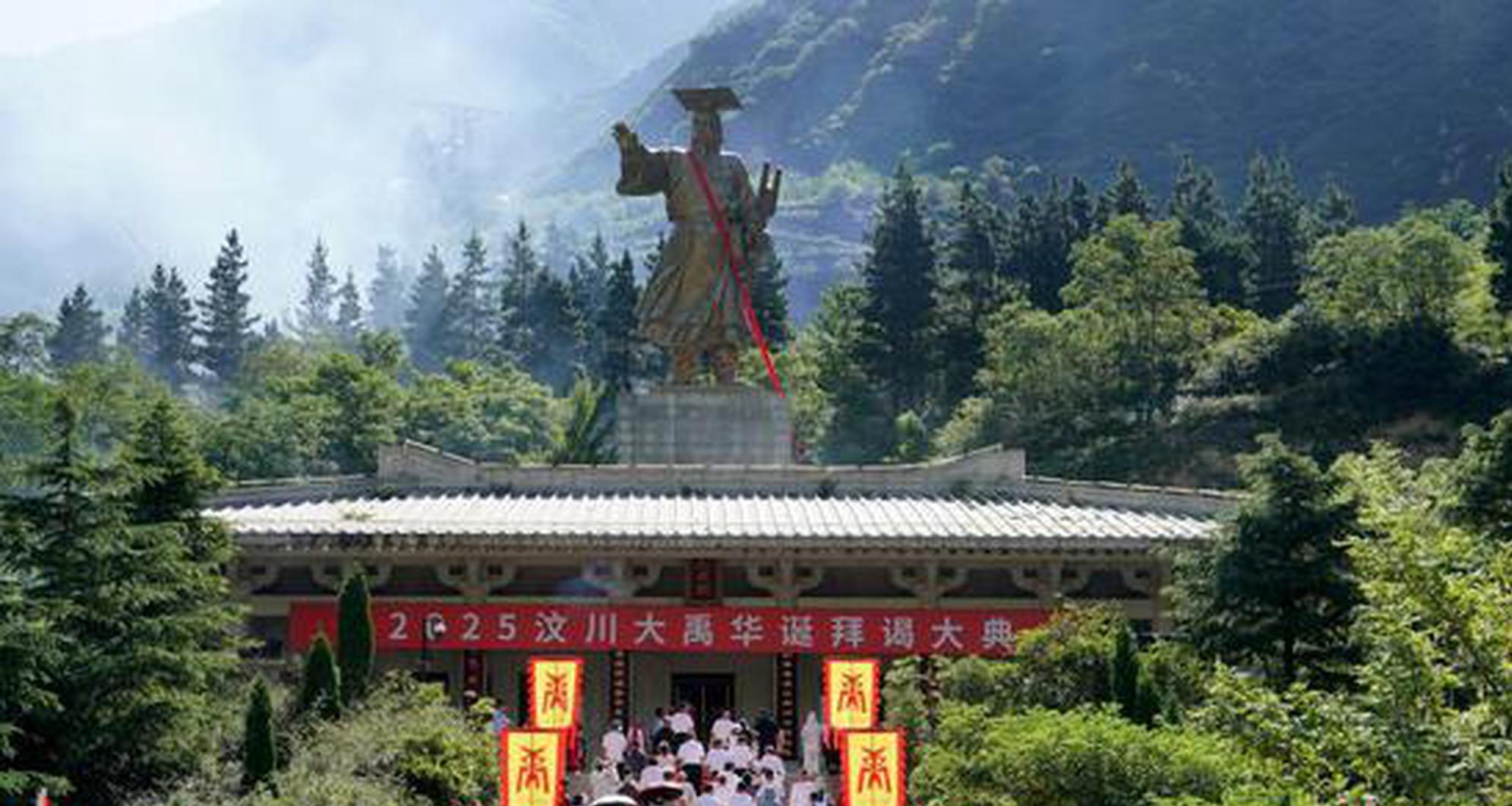







 京公網(wǎng)安備 11010202009201號
京公網(wǎng)安備 11010202009201號